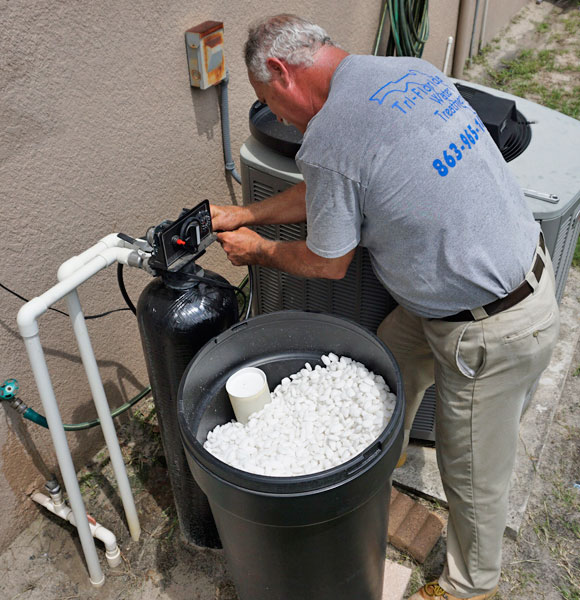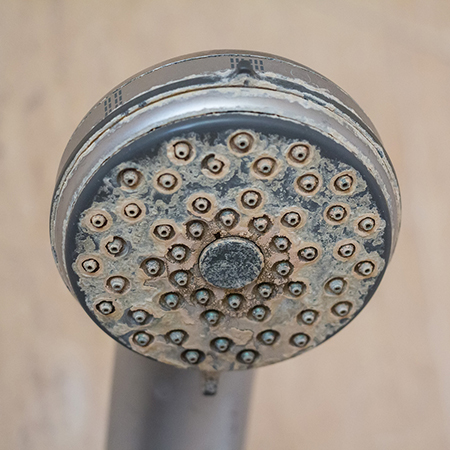Are Water Softeners Bad for the Environment?
Removing hardness from your water doesn’t just make your shower better. It improves the longevity and energy efficiency of your water-based appliances and plumbing. Is there an uglier side to water softeners?
 Are Water Softeners Really Harmful to the Environment?
Are Water Softeners Really Harmful to the Environment?
Water softeners have gotten a bad reputation for being environmentally unfriendly. This reputation has been born out of concern about the “wastewater” produced by water softeners. When hard water passes through the system, the hard minerals (calcium and magnesium) are extracted from the water through ion exchange. Once the water softener tank has reached a high level of these hard minerals, it uses salt brine to flush out these minerals and other heavy metals captured in the tank. This backwash is either flushed out into your septic tank or into the municipal water system.
Studies on the environmental effects of wastewater backwash, conducted by the University of Wisconsin and the National Sanitation Foundation, concluded that:
- “High concentrations of calcium and manganese in the softener backwash water have no deleterious effect on the biological functions occurring in the septic tank and may, in some cases, be helpful.
- The additional volume of wastewater generated (typically about 50 gallons per recharge cycle) is added slowly to the wastewater stream and does not cause any hydraulic overload problems.
- Soil structure in the soil absorption field is positively affected by the calcium and magnesium ions in water softener effluent.”
In other words, this backwash shouldn’t be considered wastewater. It isn’t wasted. It’s full of minerals that are good for the environment just hard on our skin and plumbing.

Why Are Water Softeners Thought to be Harmful?
Why do water softeners have such a bad reputation when studies, shared by the Environmental Protect Agency (EPA), concluded that water softener backwash is good for the environment?
Because backwash from your water softener can be harmful if you use a sodium chloride water softener and the system malfunctions. Sodium chloride can be harmful to the environment and humans. That’s why it is wise to update your water softening system if it is 10 to 15 years old to ensure it’s operating properly. Water softening technology has improved since those studies. Many models are designed to produce as little wastewater as possible.
A water softening system does more than release environmentally-friendly backwater. It can also reduce your environmental impact. Installing a water softener can:
- Reduce your carbon footprint by improving the efficiency of your water heater, washing machine, and dishwasher.
- Reduce your water waste during showers and cleaning by maintaining high water pressure.
- Prevent your water-based appliances from prematurely ending up in a landfill.
Hard water creates buildup in water lines and pipes that is bad for your plumbing system and appliances. It can decrease your water pressure by up to 75%. It can reduce the efficiency of your water heater and other appliances by up to 24% according to studies funded by the Water Quality Research Foundation. The extra wear-and-tear caused by hard water and calcium buildup can shorten the lifespan of water-based appliances. A water softener solves all of these problems.
If you’d like to learn more about water softeners, give Tri-Florida Water Treatment a call, (863) 965-1439!
